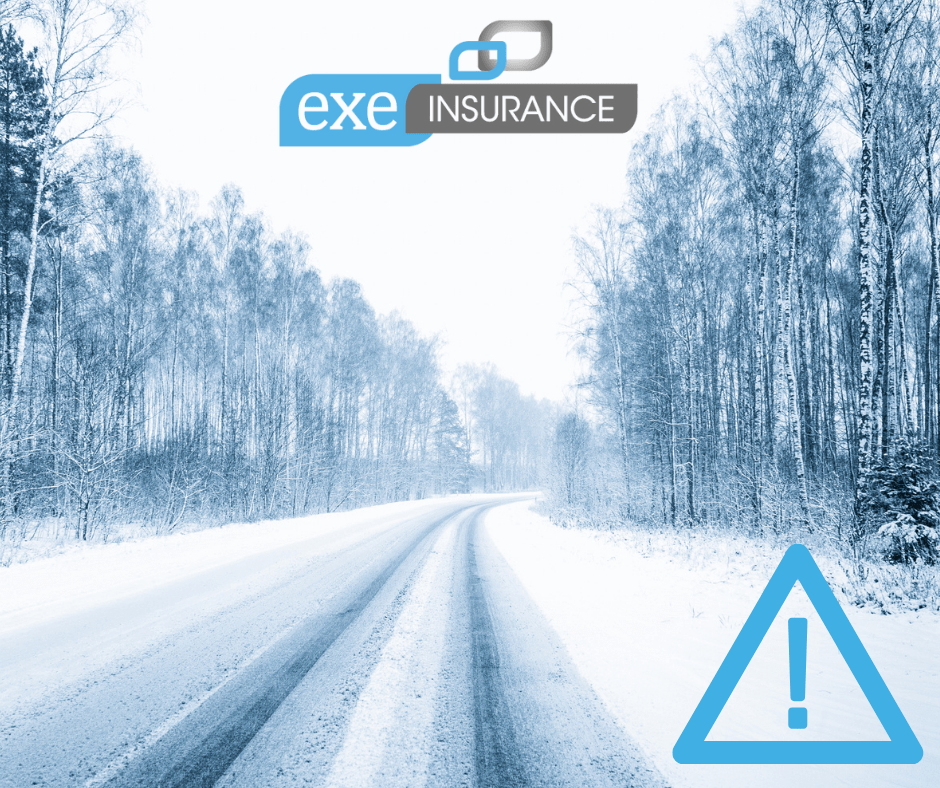Severe weather can pose serious dangers to all employee’s transport and haulage drivers. It is important that they are prepared to handle the cold, rain and snow. In addition, it is your responsibility as an employer to establish and communicate policies in the event of extreme weather.
Adverse Driving Conditions
Weather can threaten drivers’ safety on the road and put them in danger. It is important that they are trained and prepared to deal with all potential weather they may encounter.
Drivers should always be aware of upcoming conditions for the day. Offer them resources to check weather and road conditions regularly before beginning their shift. Before bad weather hits, all vehicles should be given a thorough safety inspection and should be equipped with emergency materials such as a snow scraper, blanket, first-aid kit and torch. Drivers should also ensure that they are dressed for the cold and have proper protection in case they are stranded.
Training Your Drivers
To protect your company against liability, employees should be trained in safe, cautious driving techniques in all types of weather and know what to do in case of an accident. Many companies fail to provide such training, leaving drivers ill-equipped and at risk.
Sometimes, the weather may be too severe to safely drive. It is essential that you highlight to your drivers the importance of pulling off to the side of the road when visibility or traction is threatened. Your policies will dictate their performance – make sure you are flexible enough to adjust driving schedules around hazardous weather conditions.
Stressing the importance of stopping when driving conditions are dangerous is difficult with employees who receive compensation by the kilometre, so focus on the impact on their health and safety. A debilitating accident could result in more lost wages than a few kilometres.
Protective Clothing
Personal protective equipment and protective clothing is especially important for drivers and on the loading bay during inclement weather because of the slip and fall hazards present. Good housekeeping practices, such as using slip-resistant surfaces on docks and inside where shoes will leave puddles of water, will eliminate some of these risks.
However, it is impossible to remove all perils on the loading bay, so while securing loads, loading and unloading, employees should be required to wear approved slip-resistant footwear. In addition, employees should wear the following clothing to protect from cold, wind, rain or snow:
- Insulated boots
- Gloves – not only can the cold cause injuries to exposed skin, but cold hands also make one more prone to injury when lifting objects or operating machinery
Proper Training
Winter weather can cause unusual conditions and higher risks, so it is important to train all your employees on safety procedures. They should understand the danger of exposed skin, insufficient protective wear and cold, wet or slippery equipment. Employees also should be trained to recognise cold-weather illnesses and injuries in themselves and co- workers and should be aware of how to treat such incidents.
Be Prepared
When bad weather is coming, address all your policies again, remind employees of communication channels to address attendance and plan for the worst potential outcome to ensure your company is prepared for the weather and that your employees stay safe.
Check your policy and if you think you need to make any adjustments, get in touch on 01392 797 733 or email info@exe-insurance.co.uk.





